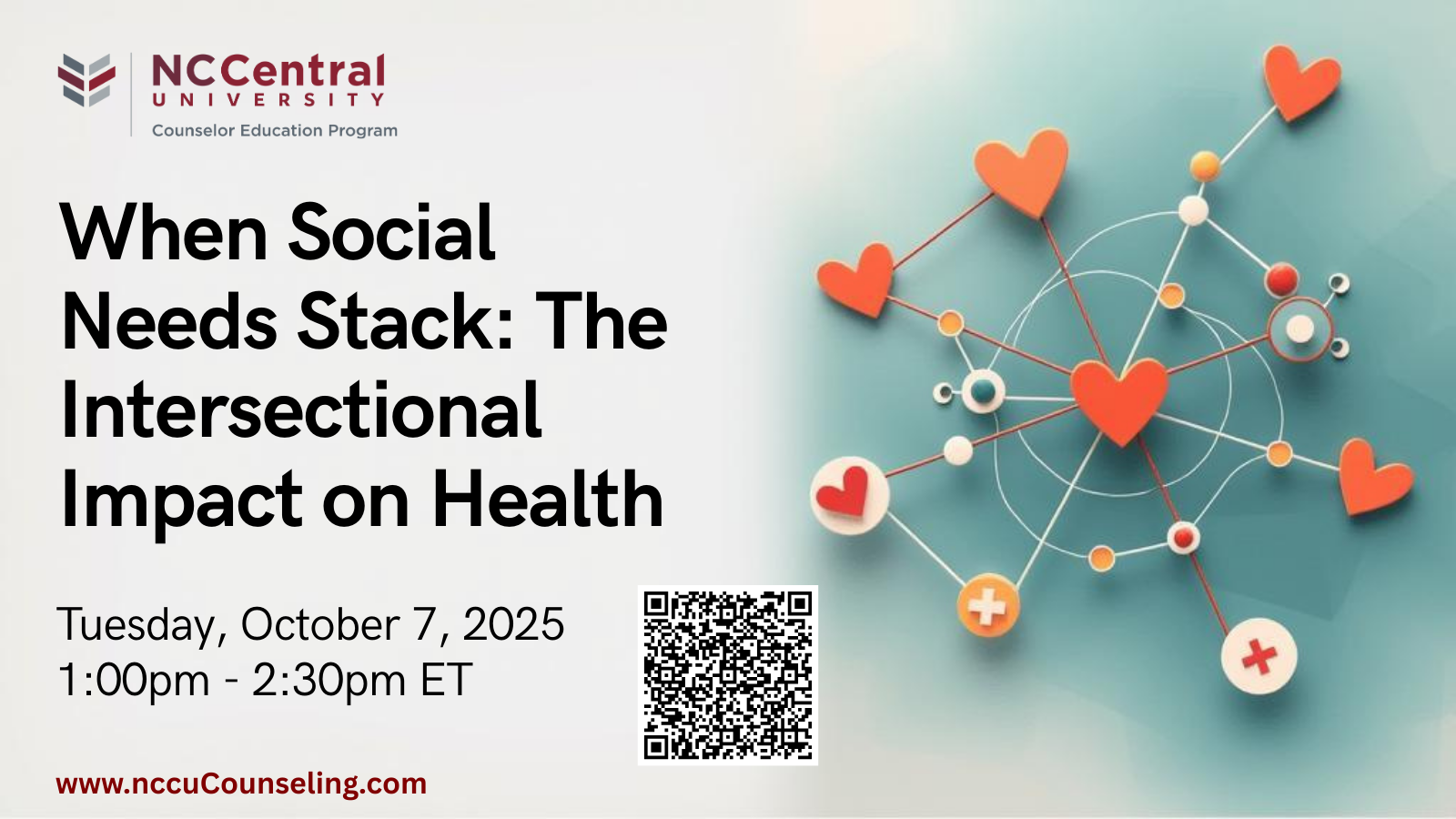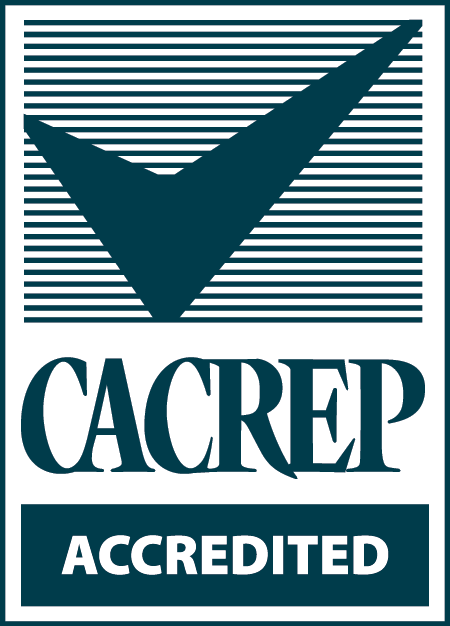Presenter: Atalaysha L. Churchwell, Ph.D, LCMHC, LCAS, NCC, CCM
Abstract:
Health is shaped by a complex interplay of factors—many of which can accumulate and intensify over time. Barriers such as limited access to care, language and literacy challenges, chronic health conditions, and life stressors often intersect, creating compounded obstacles for patients. As individuals arrive with layered experiences and needs, it’s essential for behavioral health clinicians to respond holistically and swiftly.
This webinar explores how chronic disease states intersect with social needs, emphasizing cultural and communication considerations. Participants will deepen their understanding of the Biopsychosocial model of health and learn to identify both strengths and opportunities that inform effective treatment planning.
Designed with graduate students at any level within the program in mind, this session offers practical strategies and engagement models to prepare attendees for active roles on integrated behavioral health teams. Whether you're just beginning your academic journey or gaining hands-on experience, you'll leave equipped with tools to support patients along their path to improved health outcomes.
Learning Objectives:
By the end of this webinar, participants will be able to:
- Interpret the Principal Standard of the National CLAS Standards in the context of Integrated Behavioral Health and the Primary Care Medical Home Model.
- Define Health-Related Social Needs (HRSN) and explain their relevance in supporting patient self-management amid chronic disease.
- Describe the key components of the Biopsychosocial model of health.
- Identify patient strengths and opportunities using Health Behavior Change theories to inform treatment planning.
- Apply brief interventions to support treatment recommendations and enhance patient engagement.
Click here for more information or to register: https://socialneedsstack.eventbrite.com




